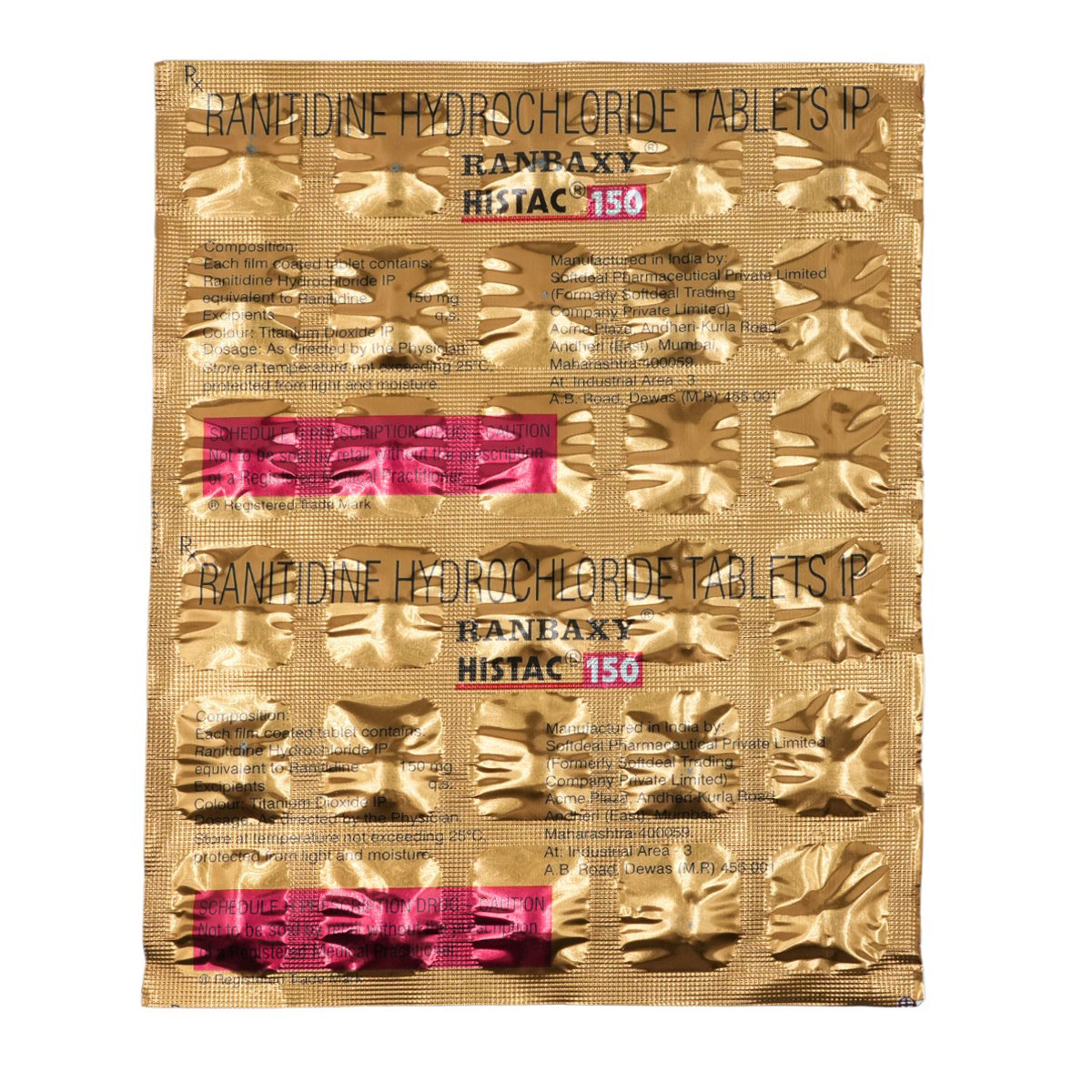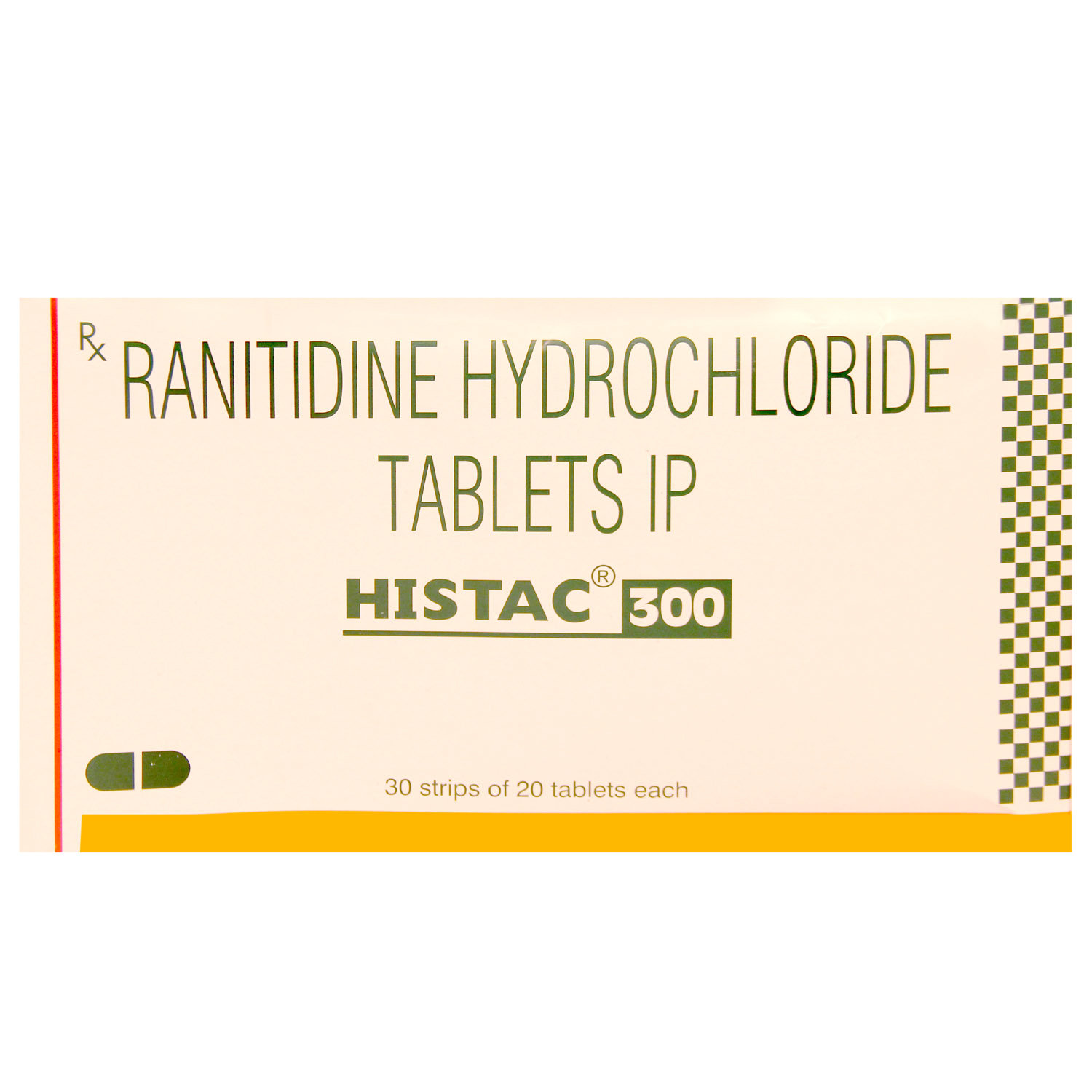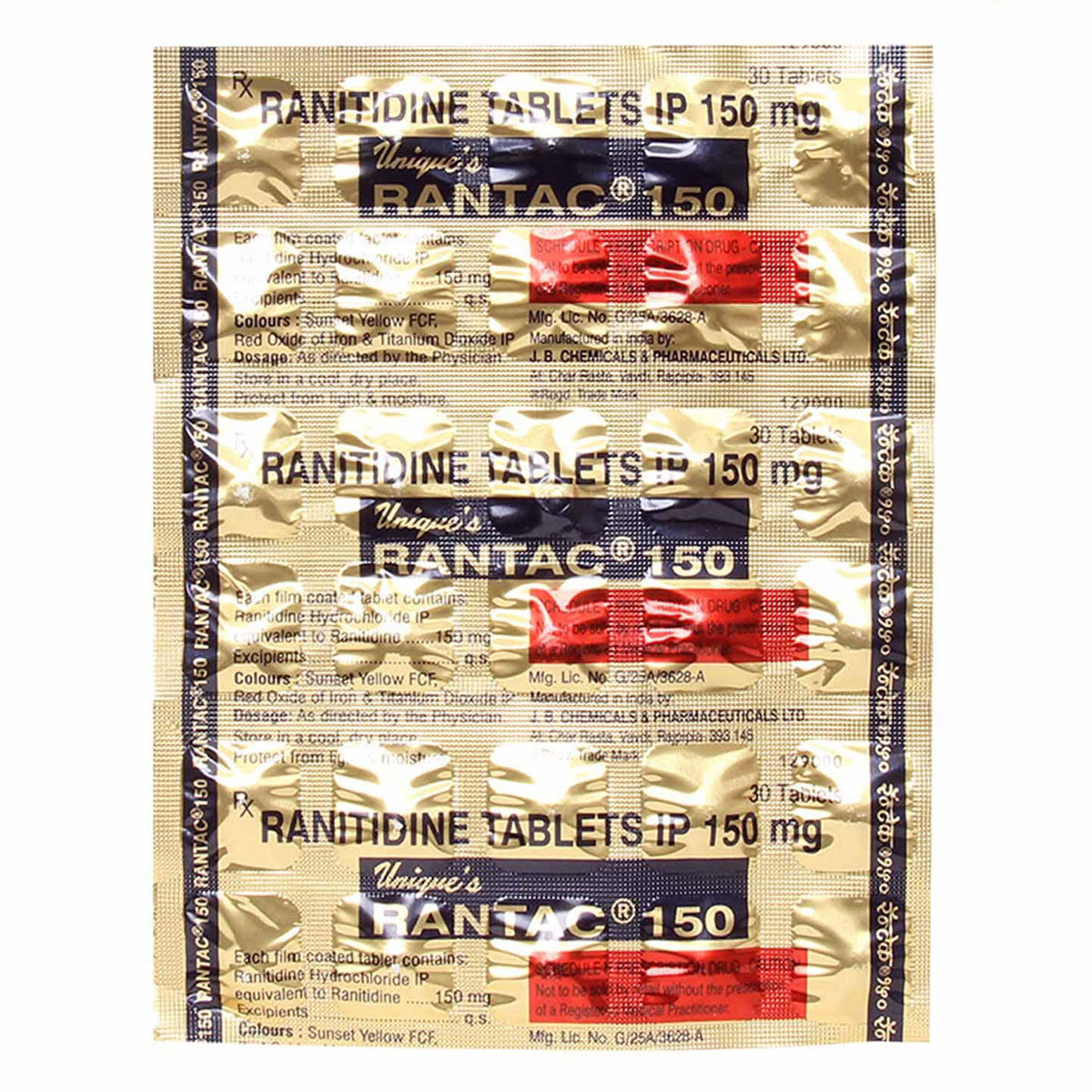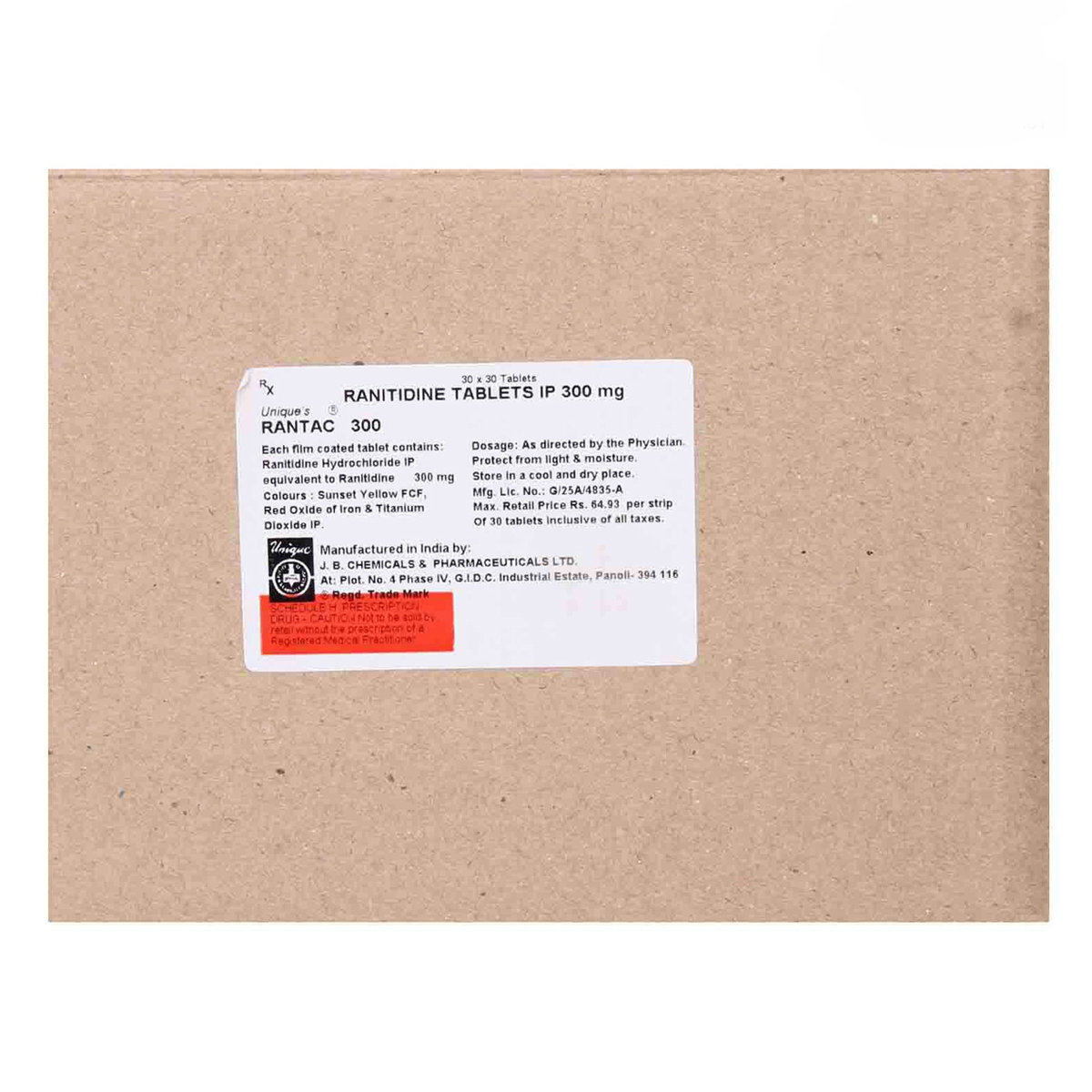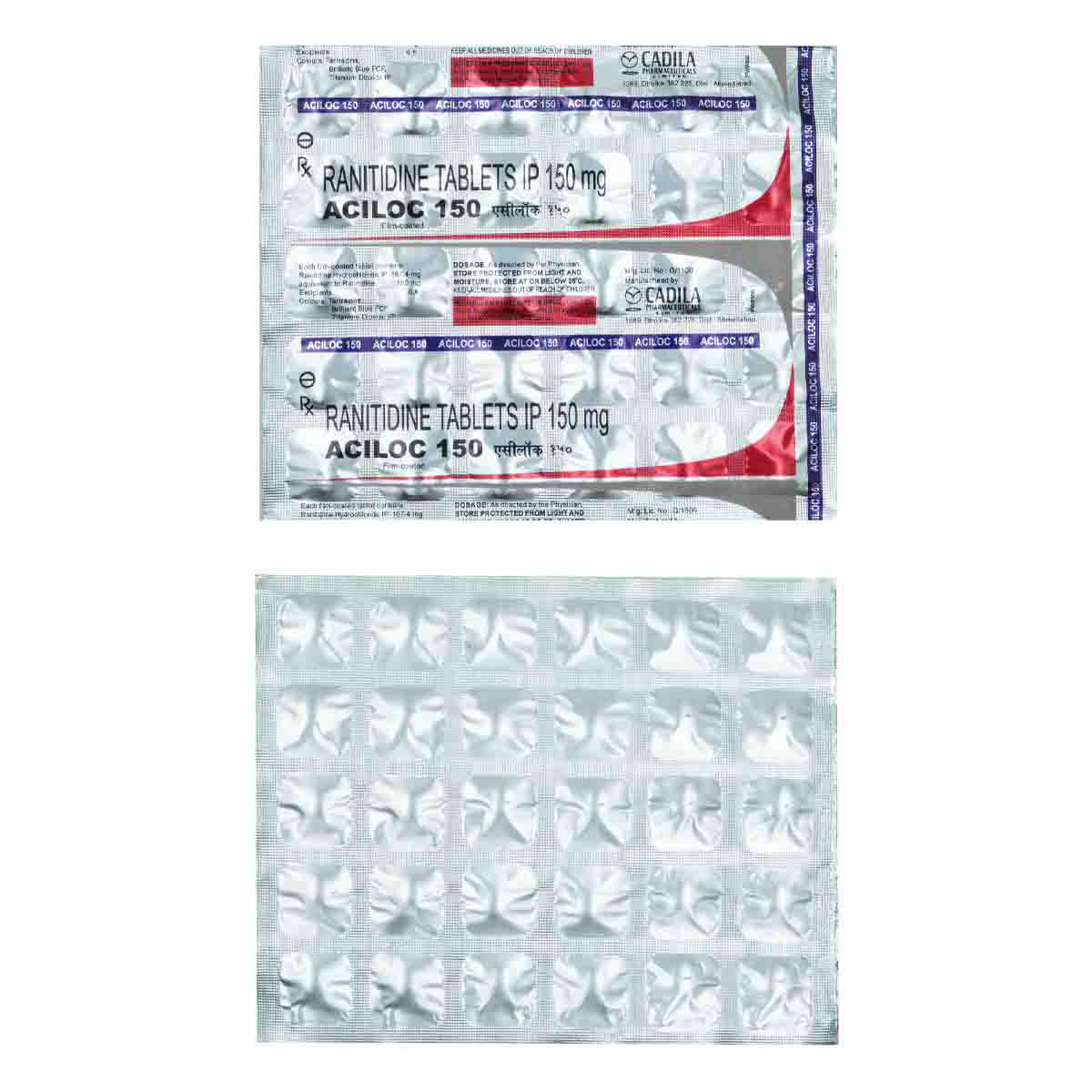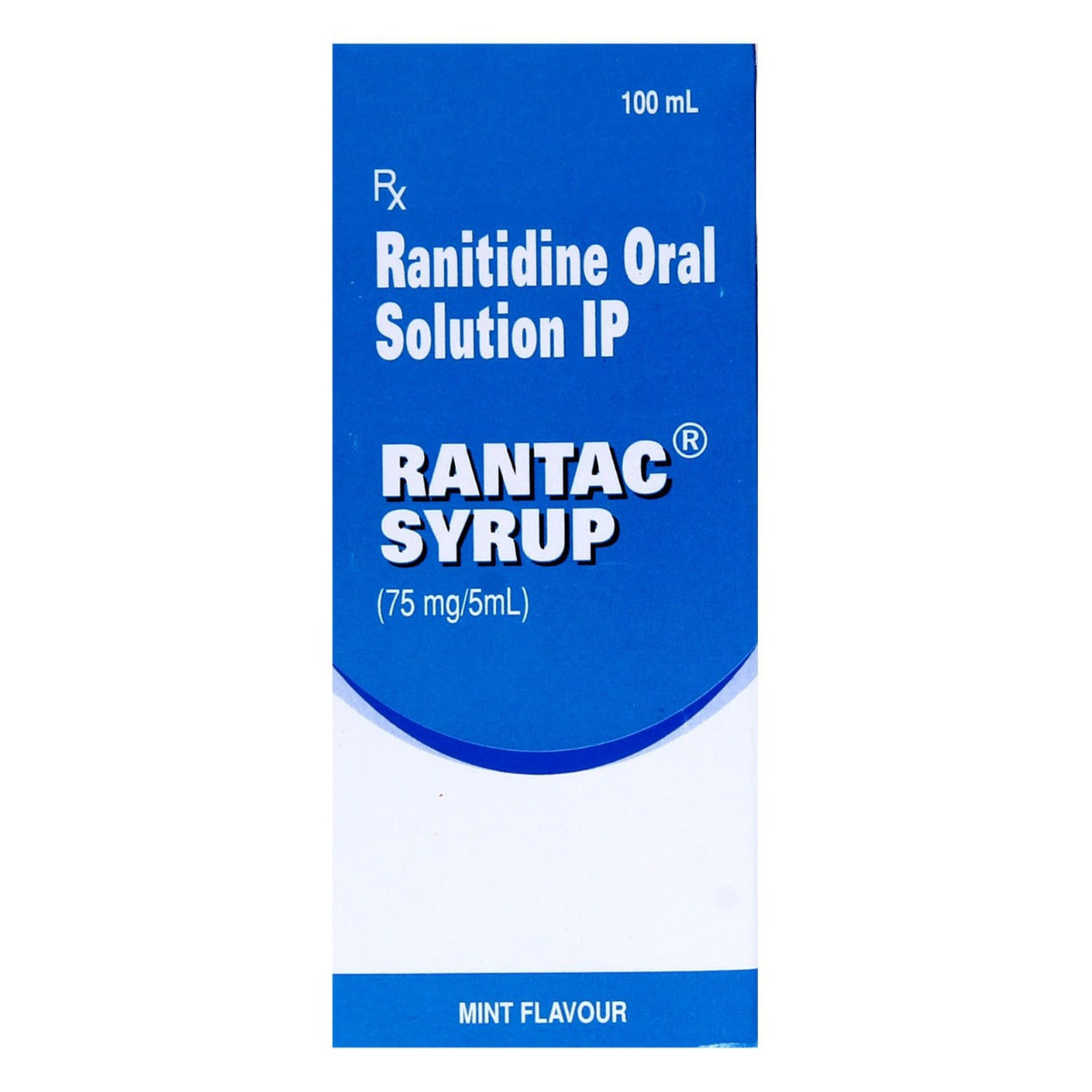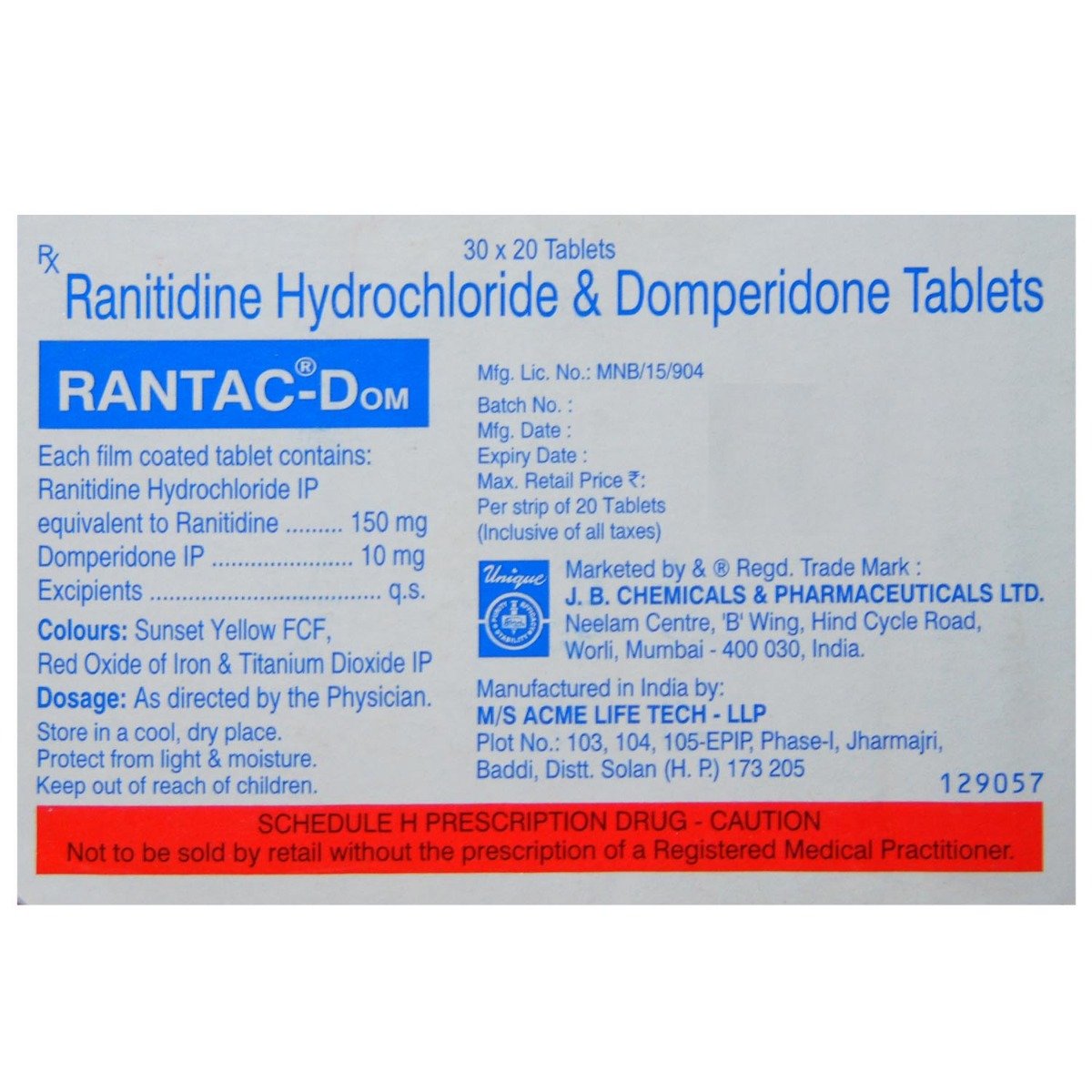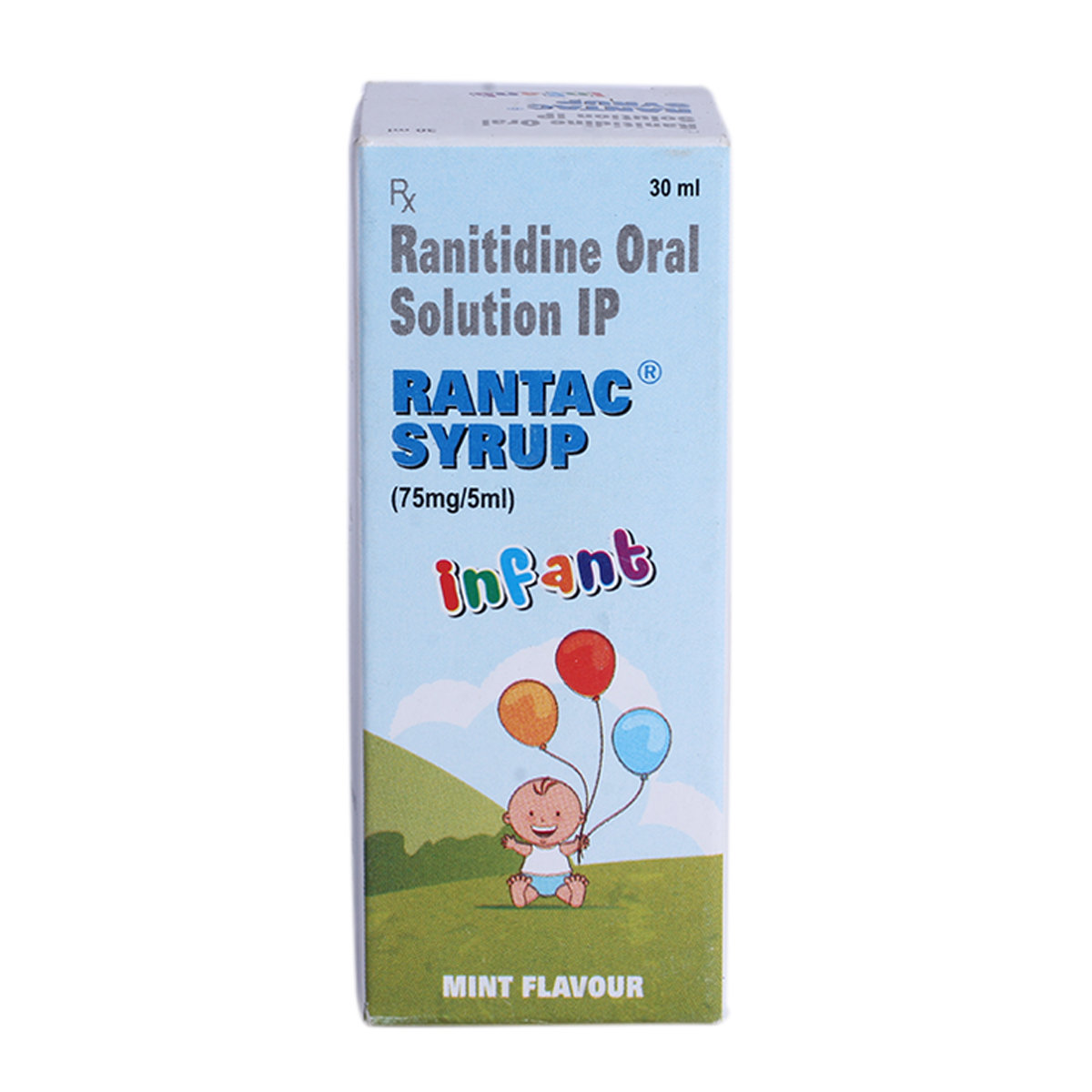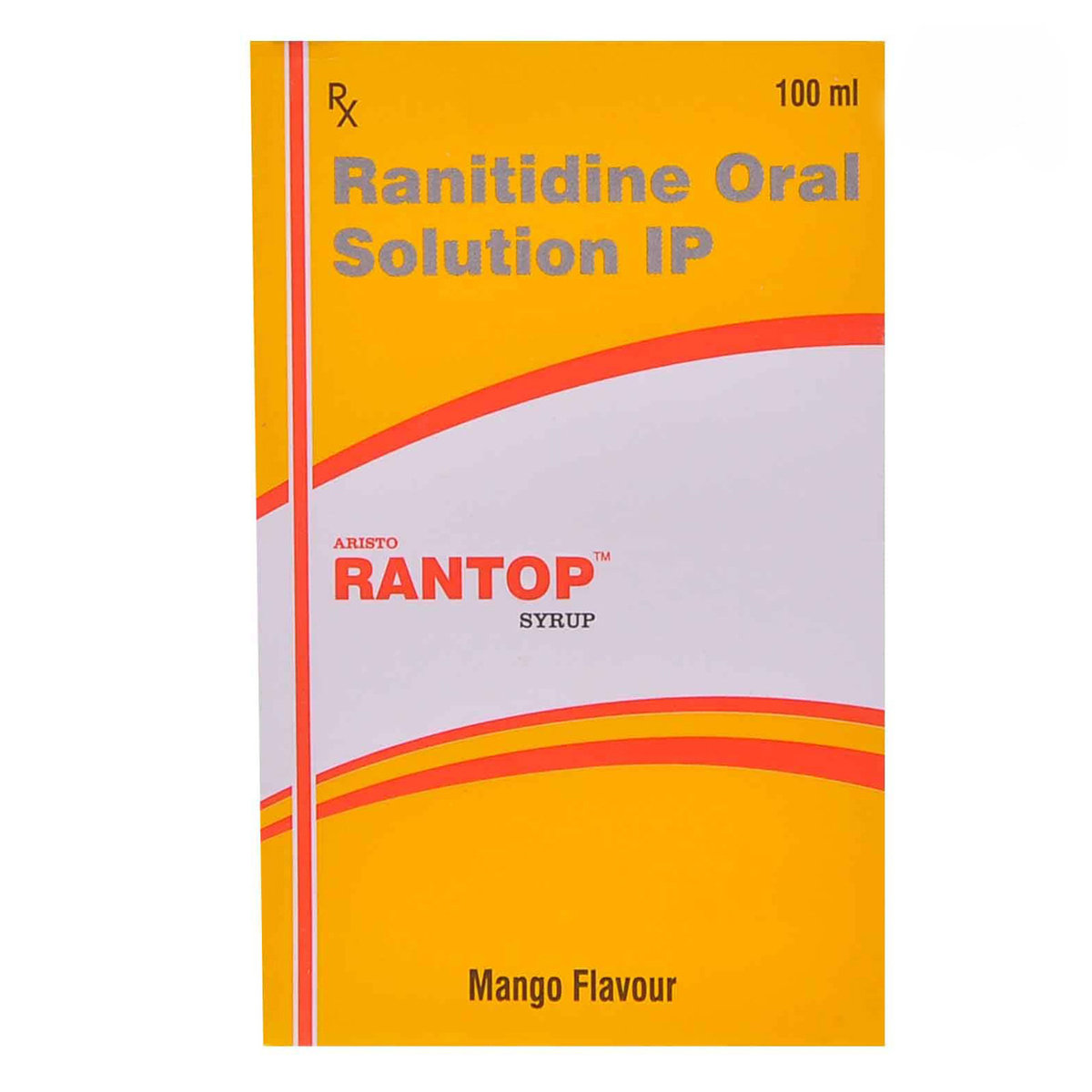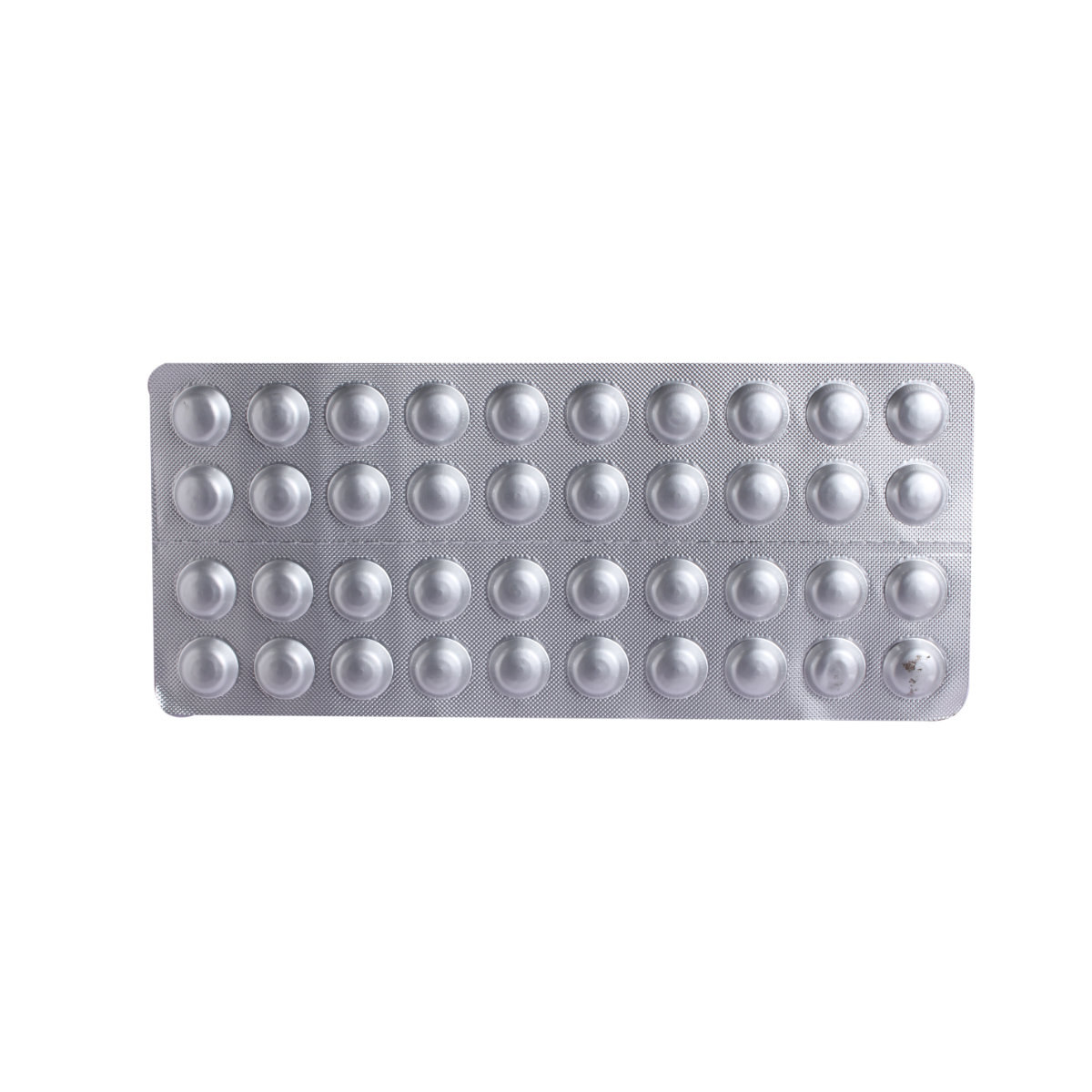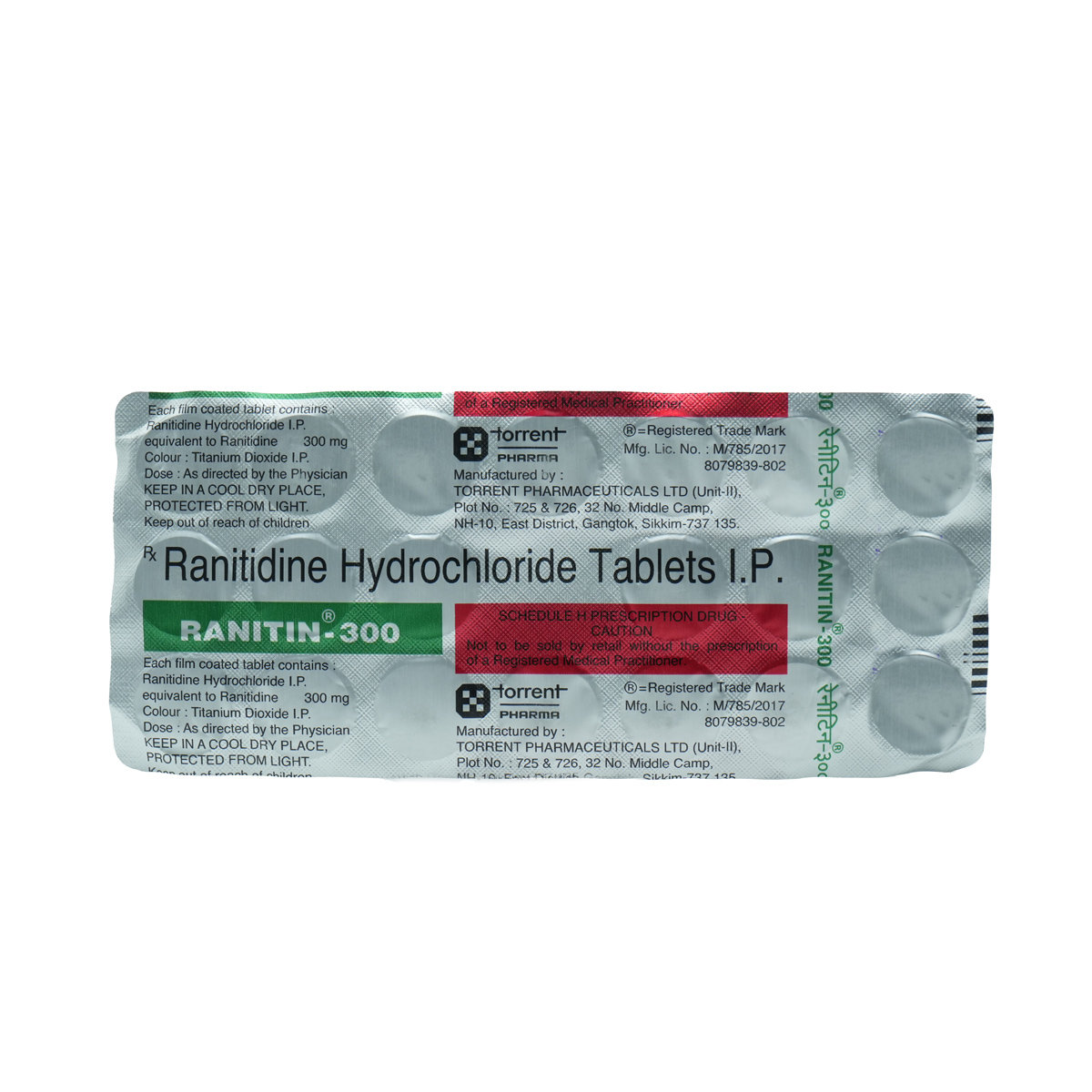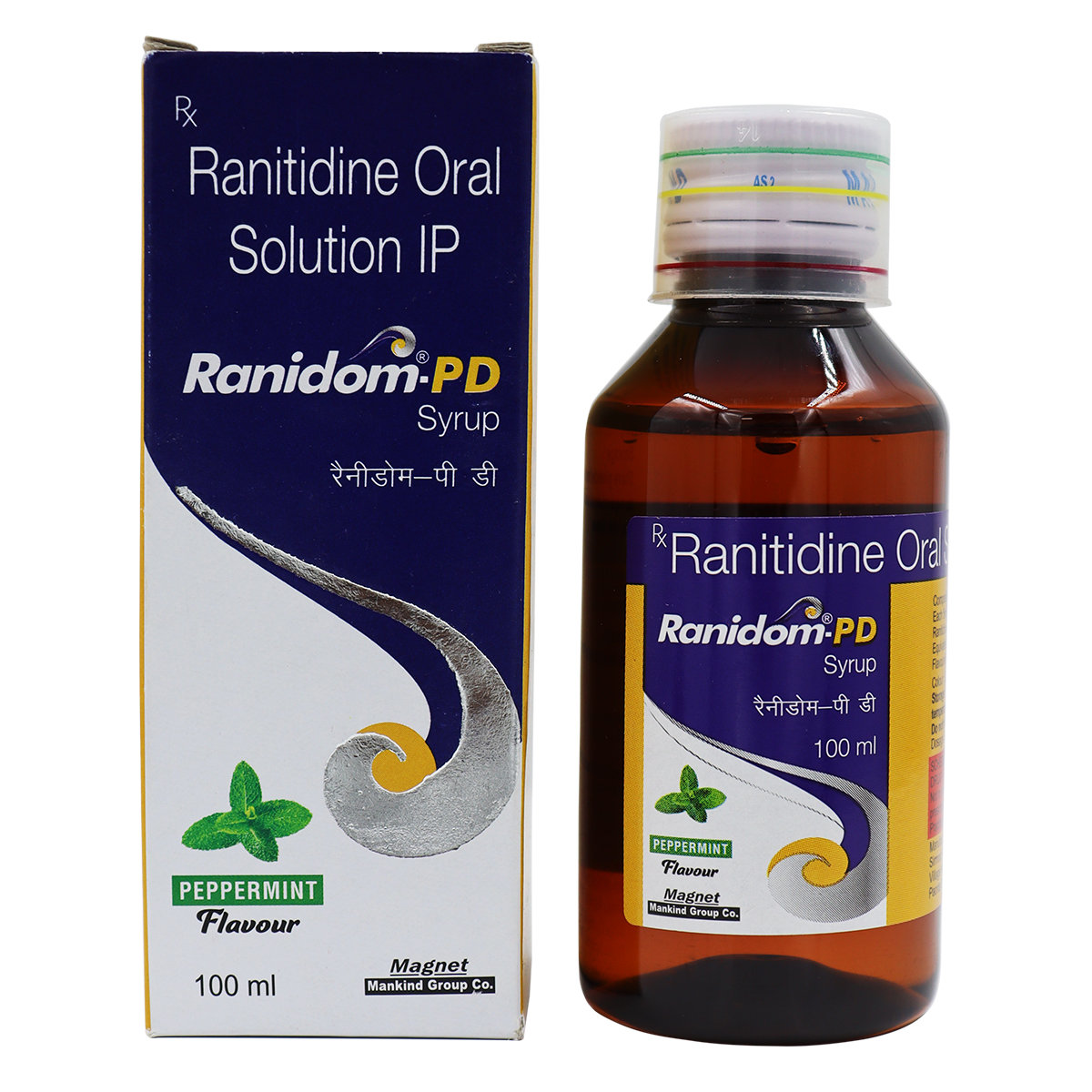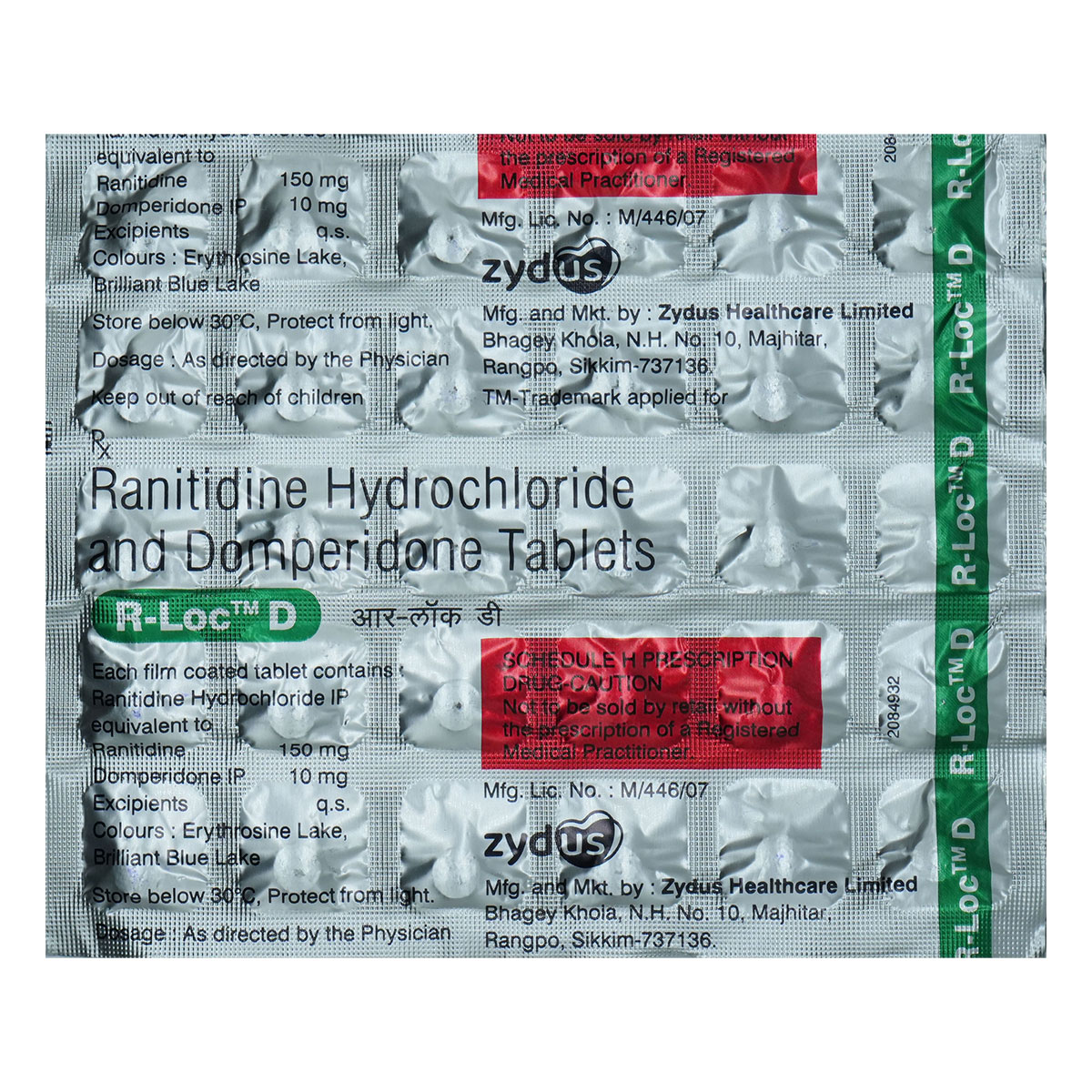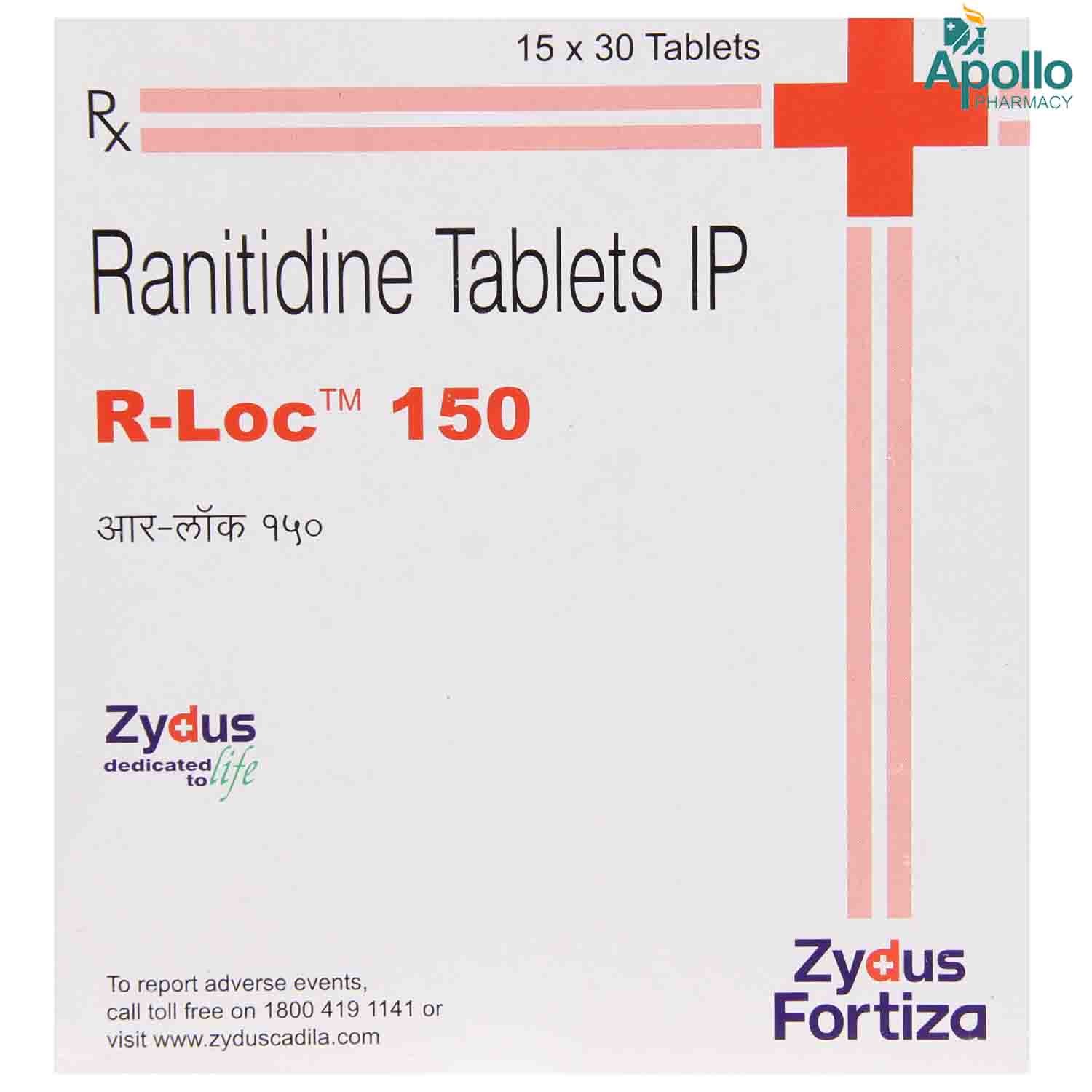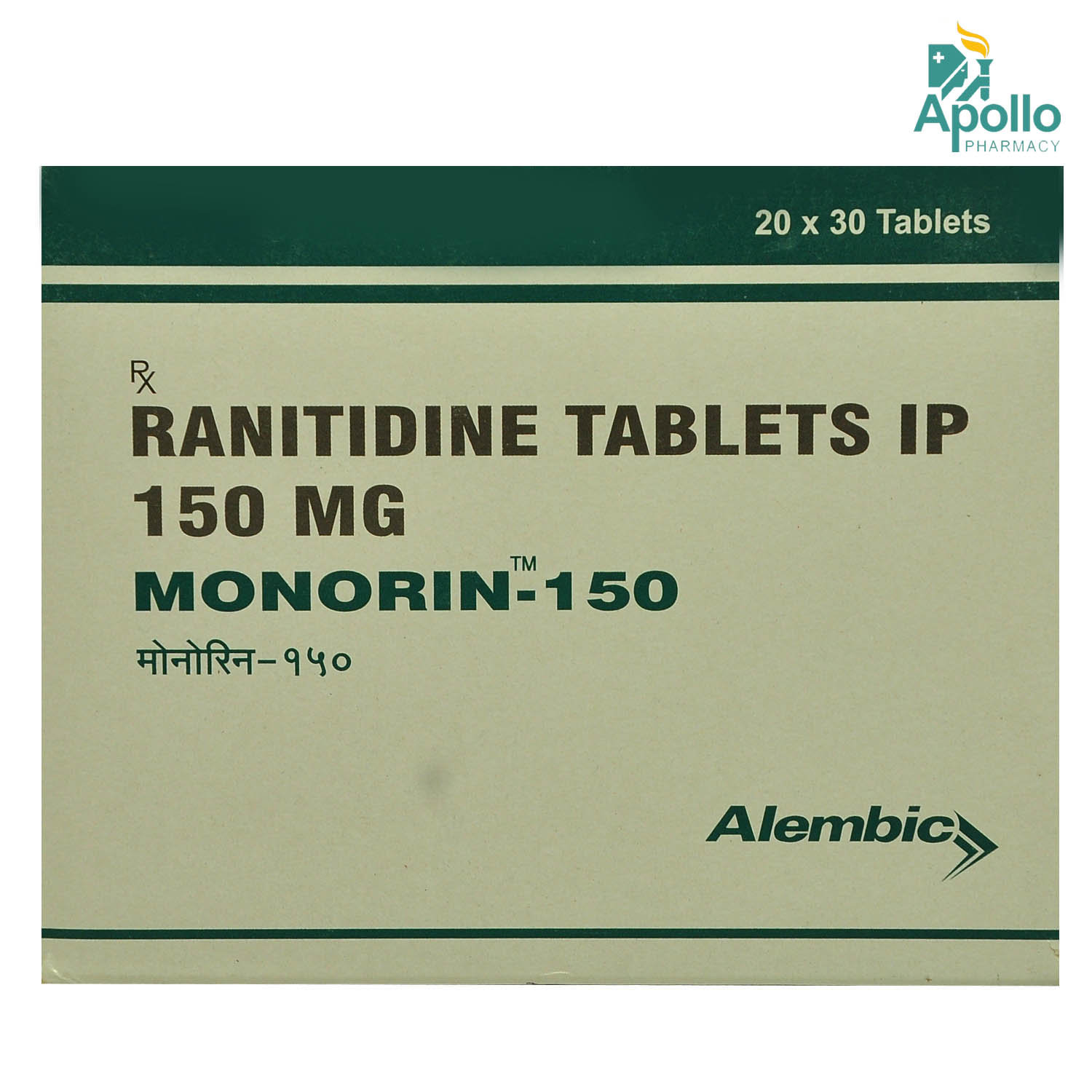Ranitidine
About Ranitidine
Ranitidine is used to treat indigestion, heartburn and acid reflux. Ranitidine is also used for gastro-oesophageal reflux disease (GORD) when you get acid reflux. Ranitidine is also used to prevent and treat stomach ulcers.
Ranitidine contains ranitidine, which helps reduce stomach acid by blocking the actions of the H2 receptor. It is responsible for the release of gastric acid secretion-extra gastric acid secretion damages the tissues in the food pipe, stomach, and duodenum.
Ranitidine might have common side effects like headache, diarrhoea, constipation, and shortness of breath. These side effects are temporary and may be resolved after some time. However, if these side effects persist, contact your doctor.
Take this medication exactly as prescribed by your doctor. It would help if you kept taking medicine for as long as your doctor recommends. If you stop early, your symptoms may come back, and your condition may worsen.
It is recommended not to take Ranitidine if you are allergic to any components present in Ranitidine. If you are pregnant, planning to become pregnant, or are breastfeeding, you should not take this medication unless your doctor says it is necessary. Inform your doctor if you have stomach or intestinal cancer, liver problems, or will have an endoscopy in the future.
Uses of Ranitidine
• Treatment of Heartburn: Ranitidine used to treat heartburn and acid reflux by reducing excess stomach acid, providing relief from discomfort.
• Management of Peptic Ulcers: Ranitidine is involved in managing peptic ulcers by reducing stomach acid production and allowing ulcers to heal.
• Gastroesophageal Reflux Disease (GERD): Ranitidine helps to manage GERD by reducing severe acid reflux symptoms and preventing esophageal damage.
• Prevention of Gastric Acid-related Issues: Ranitidine can prevent gastric acid-related issues before surgeries or procedures, reducing the risk of complications.
• Support in Treating Zollinger-Ellison Syndrome: Ranitidine manages Zollinger-Ellison syndrome by decreasing excessive stomach acid production.
Medicinal Benefits
- Ranitidine helps in reducing the excess amount of stomach acid.
- In turn, it prevents the formation of an ulcer in the stomach (peptic ulcer), gastroesophageal reflux disease (GERD) with or without ulcer, and Zollinger-Ellison Syndrome, in which the stomach makes an exceptionally high amount of acid.
Directions for Use
- Ranitidine can be taken with or without food as advised by your doctor.
- Follow your doctor's instructions on the dosage and timing of this medication.
- Swallow Ranitidine as a whole with a glass of water.
- Do not crush, break, or chew it. Take Ranitidine 30 to 60 minutes before food or drink that may cause indigestion.
Storage
Side Effects of Ranitidine
- Headache
- Constipation
- Diarrhoea
- Stomach pain
Medicines Containing this Salt
View AllDrug Warnings
- You should avoid taking Ranitidine if you are allergic to Ranitidine or H2 receptor blockers, have gastric cancer, or have liver disease.
- If you are a pregnant woman or nursing mother, do not consume Ranitidine without first consulting your doctor.
- Ranitidine may interact with a blood thinner (warfarin), antifungal (ketoconazole), or anti-HIV drug( atazanavir). Let your doctor know if you are taking these medicines.
- Intake of Ranitidine may mask the symptom of gastric cancer, so if you have any severe stomach pain or gastric bleeding (blood in stool and mucous), immediately consult the doctor.
Drug Interactions
Drug-Drug Interactions: Ranitidine interacts with a blood thinner (warfarin), antifungal (ketoconazole), anti-HIV drug (atazanavir), and antacid (aluminium hydroxide).
Drug-Food Interactions: Drinking alcohol and nicotine (tobacco) with Ranitidine may cause dehydration and elevate the level of stomach acid, thereby decreasing its efficacy.
Drug-Disease Interactions: Ranitidine interacts with disease conditions, including gastric bleeding, liver/ kidney disease, and low vitamin B12 (anaemia).
Drug-Drug Interactions Checker List:
Safety Advice

Alcohol
unsafeDrinking alcohol with Ranitidine may cause dehydration and elevate the level of stomach acid, thereby decreasing its efficacy. So try to avoid consuming alcohol.

Pregnancy
consult your doctorRanitidine should be used in pregnant women only if clinically needed, and the benefits outweigh the risks.

Breast Feeding
consult your doctorRanitidine should be used in nursing women only if clinically needed, and the benefits outweigh the risks.

Driving
cautionRanitidine has no or negligible influence on the ability to drive and use machines. In some cases, Ranitidine may cause dizziness and sleep. If you observe these symptoms, do not drive or operate machinery until you feel better.

Liver
consult your doctorIf you have or had a history or evidence of any liver-related diseases, please consult the doctor before taking medicine.

Kidney
consult your doctorIf you have or had a history or evidence of any kidney-related diseases, please consult the doctor before taking medicine.

Children
safe if prescribedThe dose needs to be adjusted based on your child’s weight.
Habit Forming
Diet & Lifestyle Advise
- Avoid acid or heartburn triggering foods or drinks, such as onions, peppermint, chocolate, caffeinated beverages, citrus fruits or juices, tomatoes, and high-fat and spicy foods.
- Before going to sleep, raise your bedhead so your head and chest are higher than your feet. Do not use piles of pillows; one raised block is fine. This will prevent stomach acid from backflowing through your food pipe.
- Avoid taking alcohol and smoking cigarettes. Alcohol can raise the production of stomach acid, leading to heartburn and acid reflux. On the other hand, nicotine smoking damages the valve (sphincter), preventing stomach acid from flowing back into the food pipe.
- Include high fibre-containing foods like berries, cherries, leafy green veggies (kale, spinach), and black peppers.
- Fermented dairy products like miso, sauerkraut, and kimchi contain probiotics which help prevent excess stomach acid production. Cranberry juice can be beneficial for peptic ulcers and H pylori infections.
- Avoid continuous sitting, as it can increase stomach acid production. Take a 5-minute break every hour by brisk walking or stretching.
Patients Concern
Disease/Condition Glossary
Gastroesophageal reflux disease (GERD): The stomach is usually protected from acid by a mucous layer. In some cases, the mucous layer gets irritated or eroded due to excess acid production, which leads to complications like GERD, hyperacidity, peptic ulcers, and heartburn. Gastroesophageal reflux disease (GERD) occurs when stomach acid frequently flows back into the food pipe (oesophagus). This backflow (acid reflux) irritates the food pipe and causes heartburn. Symptoms include heartburn, sour or bitter taste in the mouth, and difficulty swallowing.
Peptic ulcers: These are sores that develop on the stomach and intestinal lining due to erosion of the stomach's protective lining. Symptoms include nausea, appetite changes, bloody or dark stools, unexplained weight loss, vomiting, and indigestion.
Zollinger-Ellison syndrome: It is characterised by the formation of tumours in the upper part of the small intestine, which leads to excess acid production. Symptoms include bloating, burping, weight loss, loss of appetite, nausea, and vomiting.
FAQs
Ranitidine is used to treat indigestion, heartburn and acid reflux. It is also used for gastro-oesophageal reflux disease (GORD) when you get acid reflux. Ranitidine is also used to prevent and treat stomach ulcers. Often Ranitidine is taken for a rare condition caused by a pancreatic or intestine tumour called Zollinger-Ellison Syndrome.
Ranitidine belongs to a class of drugs known as H2 receptor antagonists (gastrointestinal agents). Ranitidine works by lessening the quantity of acid produced in your stomach.
You can take Ranitidine with or without food. However, if you get symptoms whenever you eat or drink, take your medicine 30 minutes before having a drink, snack, or meal.
Ranitidine starts working as fast as 15 minutes from when it is given. Its effect is seen to last all day or all night.
Ranitidine may have some serious side effects, but these are rare. These side effects may include hives, skin rash, itching, and difficulty in breathing. Inform your doctor in case you notice any of these side effects.
No, Ranitidine prevents excess production of stomach acid, causing acid reflux and heartburn. If blood is coming in your stool or mucous, immediately contact the doctor.
The duration of the Ranitidine treatment depends on your specific condition and the doctor's recommendation.
Ranitidine is a common treatment for gastritis. However, if you have gastritis, it's essential to consult with a healthcare professional before using Ranitidine, especially for the long term. They can provide an accurate diagnosis and recommend appropriate alternative therapies.
Ranitidine typically starts working within 30 minutes to 1 hour. However, achieving complete symptom relief may take several days of consistent use.
No, the Ranitidine is not used for loose motion.
Ranitidine typically starts working within 30 minutes. Individual responses may vary from person to person.
Ranitidine is a widely used over-the-counter antacid medication and is generally very well tolerated.
Yes, it can be used in children; the dose must be adjusted based on your child's weight. If your child is experiencing heartburn, acid reflux, or other digestive issues, it's important to consult with a paediatrician. They can provide an accurate diagnosis and recommend appropriate alternative treatments that are safe and effective for children.
Yes, Ranitidine can cause constipation in some people. While constipation is not a common side effect of Ranitidine, it can occur in some individuals.
Ranitidine contains Ranitidine (a histamine-2 (H2) receptor blocker), whereas PAN 40 contains Pantoprazole (proton-pump inhibitors). Both are used to treat heartburn, ulcers, and other gastrointestinal issues. Still, they have different mechanisms of action and are in different drug classes.
Do not take Ranitidine for longer than two weeks unless your doctor tells you to. Long-term use of Ranitidine may increase the risk of side effects. If you're taking Ranitidine, discussing this with your doctor and exploring alternative options is essential.
Take Ranitidine with or without food as directed by your doctor.
Yes, Ranitidine was once considered an effective medication for treating conditions like heartburn, acid reflux, and ulcers. It works by reducing the amount of acid produced by the stomach.
To ensure safe medication use, always follow your doctor's instructions, read medication labels carefully, take medications at the right time, inform your doctor about allergies or medical conditions, report any side effects, store medications properly, and dispose of them safely. Avoid self-medication, combining medications without consulting your doctor, stopping medications suddenly, sharing medications, and taking expired medications. If you have any questions or concerns, consult with your healthcare provider.
Drinking alcohol with Ranitidine may cause dehydration and elevate the level of stomach acid, thereby decreasing its efficacy. So, try to avoid consuming alcohol.
Ranitidine and omeprazole are both used to treat heartburn, ulcers, and other gastrointestinal issues. Still, they have different mechanisms of action and are in different drug classes.

